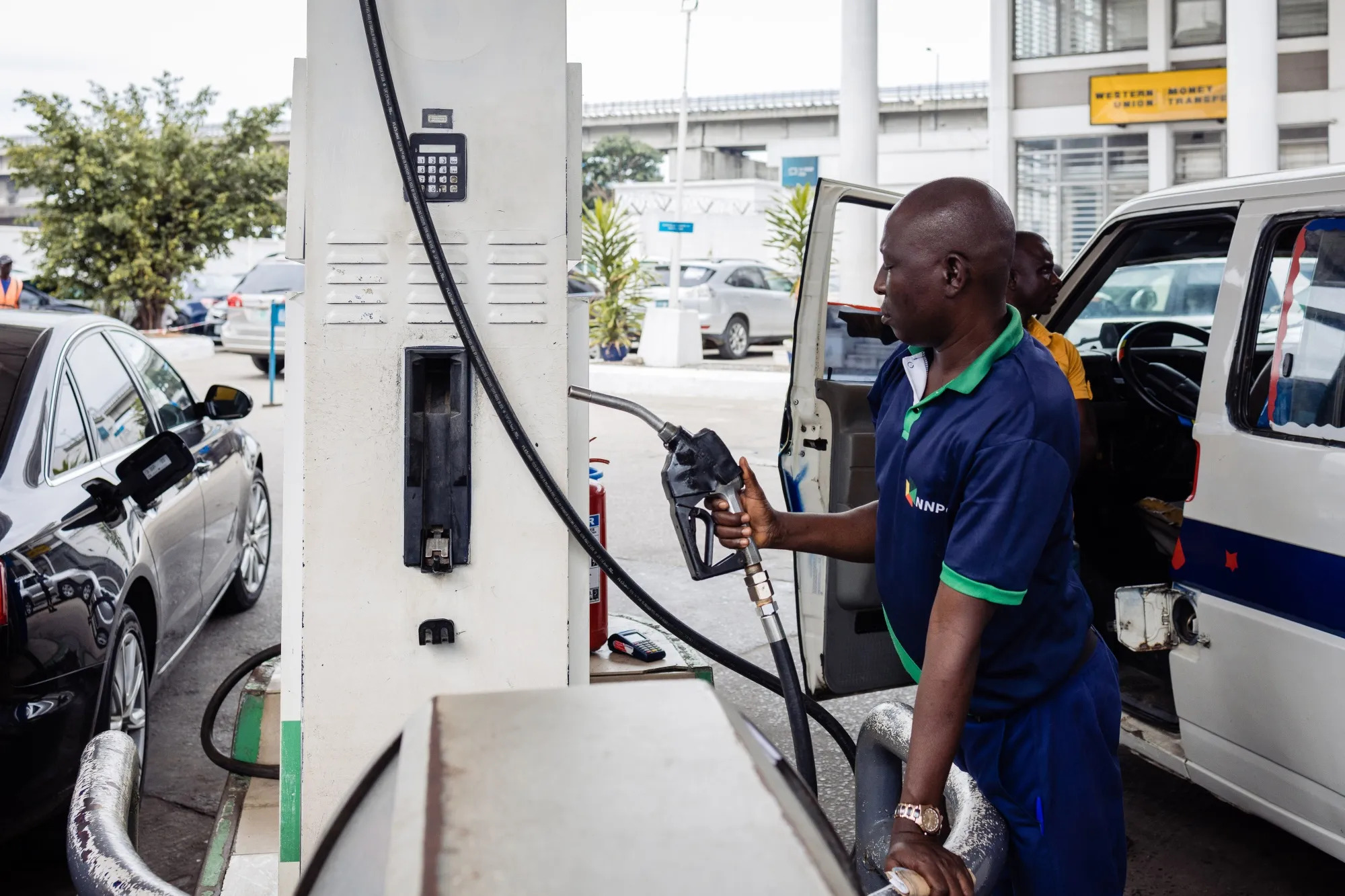Does rising inflation affect the tourism industry? Evidence from Nigeria
The rising spate of inflation in Nigeria has become worrisome in recent years, considering its implications on the quest for tourism development in the country. This study, therefore, empirically evaluates the effect of inflation on the Nigerian tourism industry. Two tourism indicators (tourism arrivals and tourism receipt) are employed in this study for robustness and quarterly data on relevant variables for the period between 1995Q1 and 2020Q4 were analysed using different econometric approaches. The results of all the estimation methods unanimously revealed a trade-off between inflation and the two tourism indicators, signalling that inflation dissuades international tourist arrival and lower tourism revenue in Nigeria. Hence, the Nigerian monetary authority must ensure price stability by keeping the inflation rate at a desirable level in a bid to foster tourism development in the country.
READ MORE
Authors: Isiaka Raifu Akande and Joshua Adeyemi Afolabi


 English
English
 Arab
Arab
 Deutsch
Deutsch
 Português
Português
 China
China




